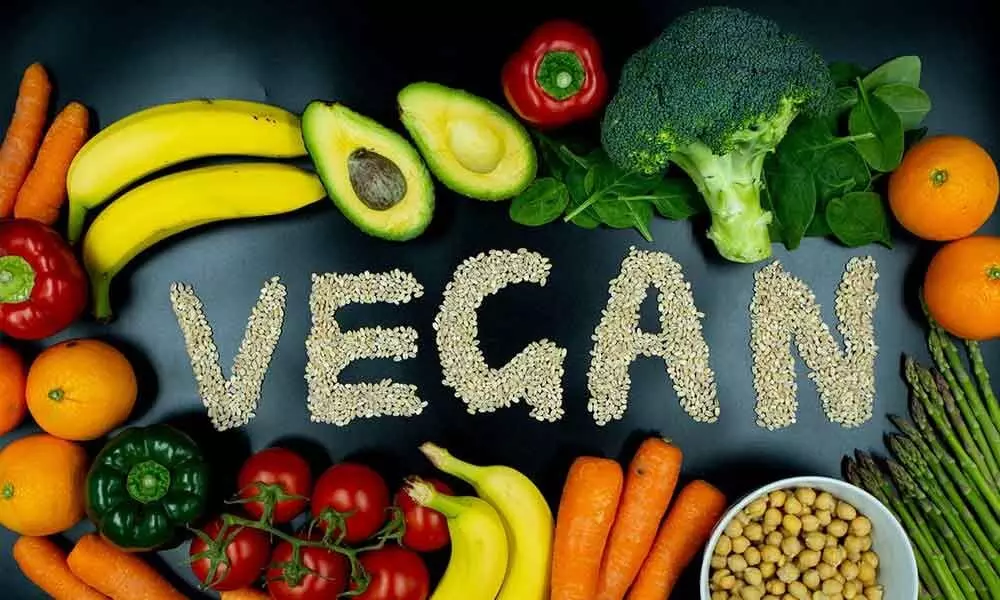PETA India renews call to fast-food giants to include vegan options in their menu

PETA India renews call to fast-food giants to include vegan options in their menu
People for the Ethical Treatment of Animals (PETA), India has fired off letters to McDonalds, KFC and Burger King India urging them to add vegan options to their menus, as they are increasingly doing abroad.
People for the Ethical Treatment of Animals (PETA), India has fired off letters to McDonalds, KFC and Burger King India urging them to add vegan options to their menus, as they are increasingly doing abroad.
The letters followed Beyond Meat's global partnership agreement with KFC's parent company, Yum! Brands, and McDonald's Corporation to explore and roll out plant-based meat and egg alternatives for these fast-food chains as the global demand for vegan food continues to surge.
The popular plant-based meat company is also reportedly set to debut its products in India through UAE-based food manufacturer and distributor IFFCO, a subsidiary of India's Allana.
In its letters, PETA India points to a study by market research company Ipsos that came out in 2019 – before the bird flu crisis and the pandemic revealing that 63 per cent of Indians were willing to eat plant-based meat. And a whopping 61.68 per cent of nearly 3,500 Delhi NCR residents polled recently said they refused to consume chickens or eggs because of the bird flu scare.
"Much of the world, many Indians included is turning away from meat, eggs, and dairy over animal welfare, environmental, or health concerns," says PETA India Vegan Outreach Coordinator Dr Kiran Ahuja.
"PETA India is calling on these fast-food companies to accept the way the wind is blowing and offer the vegan meals that their customers here want, just as they do abroad."
Bird flu, swine flu, Ebola, HIV, and numerous other zoonotic diseases are believed to have jumped the species barrier to humans at live-animal markets, on factory farms, at slaughterhouses, or via other places linked to raising or killing animals for meat.
Like SARS, the novel coronavirus is overwhelmingly considered to have started or spread to humans at a Chinese meat market. And the first outbreaks of H5N1, which kills about 60 percent of humans who catch it coincided with infections found in chickens on farms and at live-animal markets in Hong Kong.
PETA India notes that in addition to helping to combat infectious diseases, people who go vegan reduce their risk of developing heart disease, diabetes, and cancer and spare sensitive animals a terrifying death in filthy, blood-soaked slaughterhouses.

















